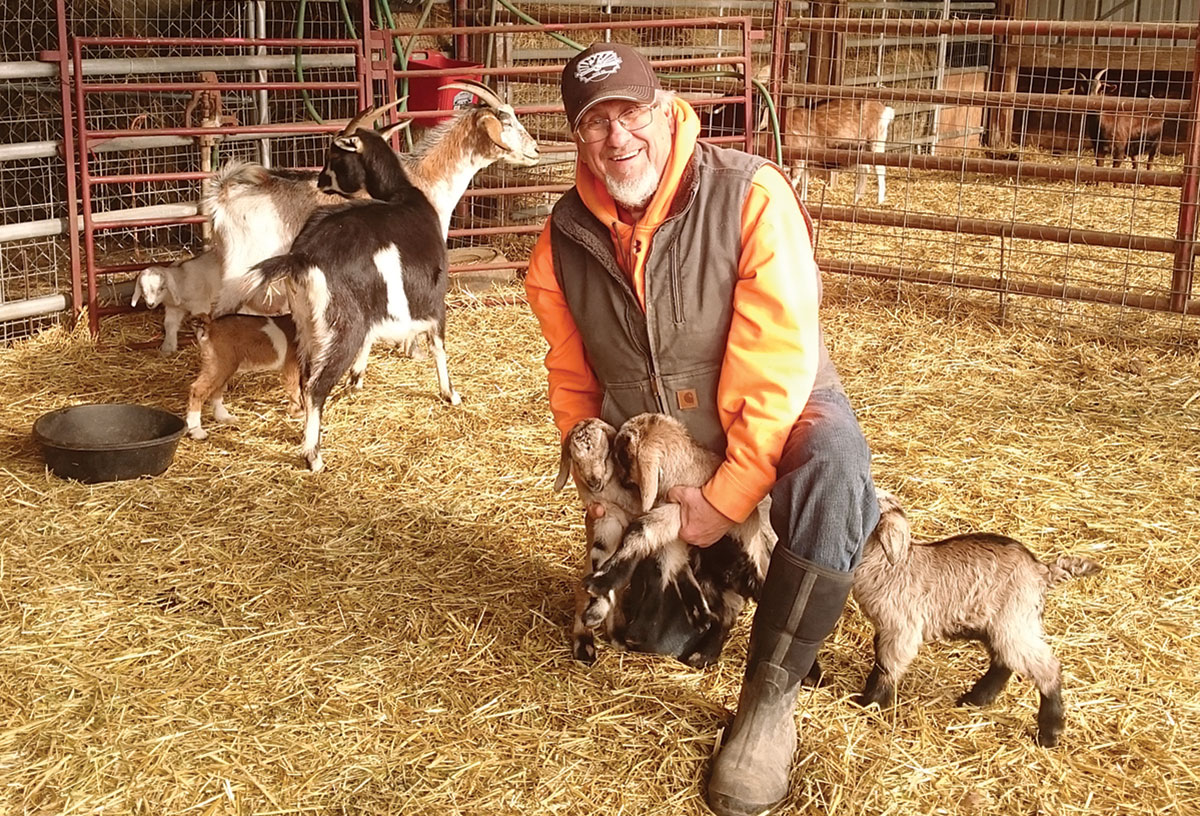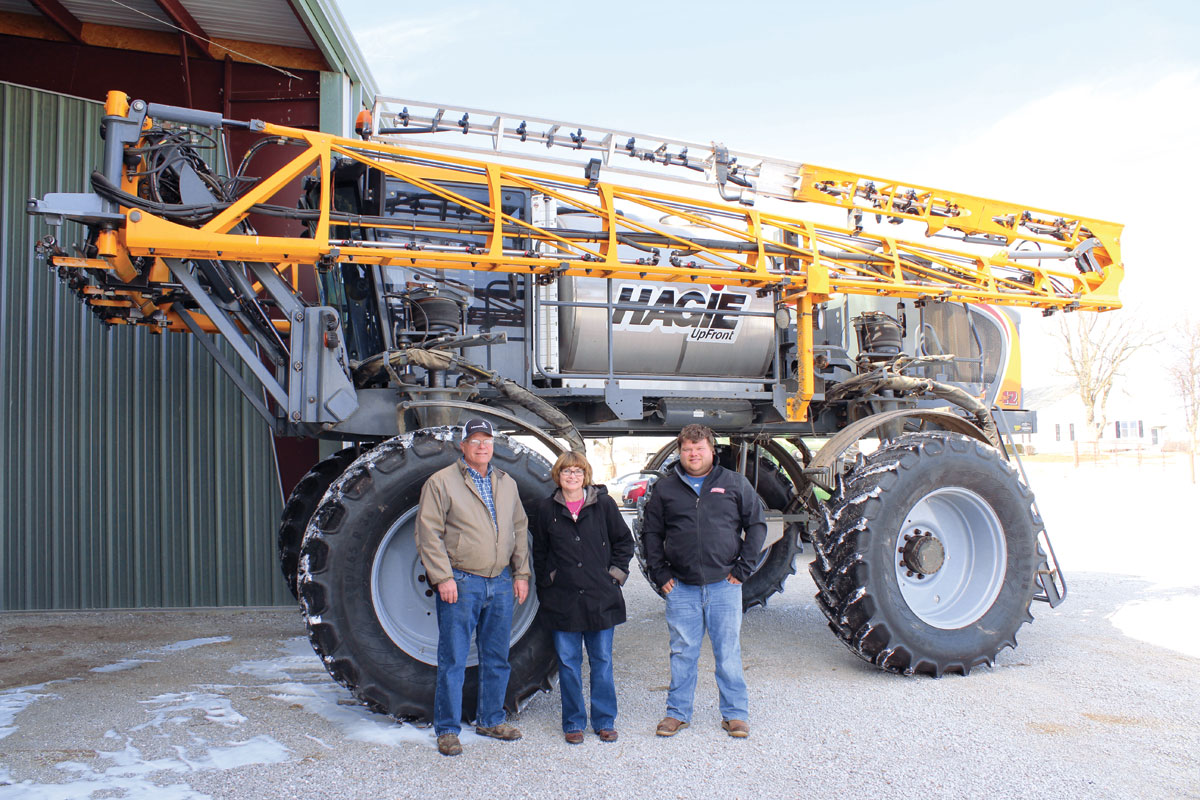
K&L Kysar Farm has no plans to be anything other than a farm in Branson, Mo.
K&L Kysar Farm is located on the north side of Branson, Mo., where Highway 248 meets the Ozark Mountain Highroad. The farmland consists of about 560 acres, with about half of that being pasture, and the rest being glades and timber protecting the watershed.
“You don’t find any other farm tracts this big, at least on this side of the county,” Kurt Kysar, caretaker of K & L Kysar Farm, said.
“We’re not interested in developing it. If I did, I’d already have done it,” he added with a chuckle.
Kurt’s dad, Al Kysar, originally bought the farm in the 1960s. At the time it was 200 acres, but Al added on to it utill it was at about 700 acres.
Al ran a cow/calf operation until the Highroad’s construction in 1994. It cut through the center of the farm and took about 140 acres. At that point Al decided to move north to Eldorado Springs, Mo., where he still runs a farm. He rented out the Branson farm until 2003, when Kurt came back and took over operations.
Kurt ran cow/calf pairs on the farm up until last year.
“A lot of people ask me why I got rid of the cows, because there have been cows on this farm forever. It’s mostly just because I’m getting too old,” he admitted with a laugh. “I’m not terribly old, but I’m 66, pushing 67. A guy’s got to slow down somewhere.”
Kurt didn’t sell all his animals, of course.
“About two years ago I got some goats and started playing around with them and got to where I enjoyed the goats. So I still have the goats.”
Kurt’s goats are Spanish goats, which he chose for their lower maintenance compared to other breeds.
“Although you do have to do some things, they’re a little more hardy, a little more worm-resistant, and don’t have the same hoof problems that a lot of the other goat breeds do,” he noted.
He bought the goats mainly for brush control on the farm, bringing down Kurt’s use of herbicides.
“I’ve been real happy with them,” Kurt said.
Besides the goats, Kurt also raises chickens and feeder pigs. He takes advantage of Highway 248’s busy traffic with a chicken house next to the road, where he keeps excess eggs refrigerated and available for sale.
“I don’t have any trouble selling all the eggs I can produce,” Kurt explained. “I put five or six dozen eggs in there and they’re gone in 30 minutes.”
Kurt also raises boiler chickens in pasture hoops during the summer, starting in April. He butchers them on location at about eight weeks, selling most. He also raises butcher hogs throughout the year. He buys the hogs at about 45 pounds and sells them at 300 or 320 pounds.
Most animals sell right off the farm.
“I don’t have to take them anywhere,” Kurt said. He doesn’t make an effort to market his animals either. “If I did any marketing, I’d have to increase production to meet the demand. And I’m just getting to the age where I don’t really want to do that.”
Aside from the goats, chickens, hogs, and a few steers, the only other animals on the farm are the guard dogs.
“Buddy is a little less friendly,” Kurt said. “He doesn’t like strangers at all, but he does a good job of keeping the varments away from the chickens.”
Then there’s Oscar, who guards the goats. Visiting him at his guard post, Oscar licked Kurt’s hand.
“He’s a bit more friendly,” Kurt said of his canine companion.
Kurt is not a full-time farmer.
“If someone thinks they can do what I’m doing and make a living doing it, that’s probably not a fair representation,” he said.
He is retired from his 37-year career at the Missouri Department of Conservation, and he now follows up his morning farm chores with afternoon and evening shifts at Tractor Supply Co.
Kurt said there are no big plans for the farm, but that there are definitely no plans for the farm to leave the family. “You never know what the future will bring,” he said.






